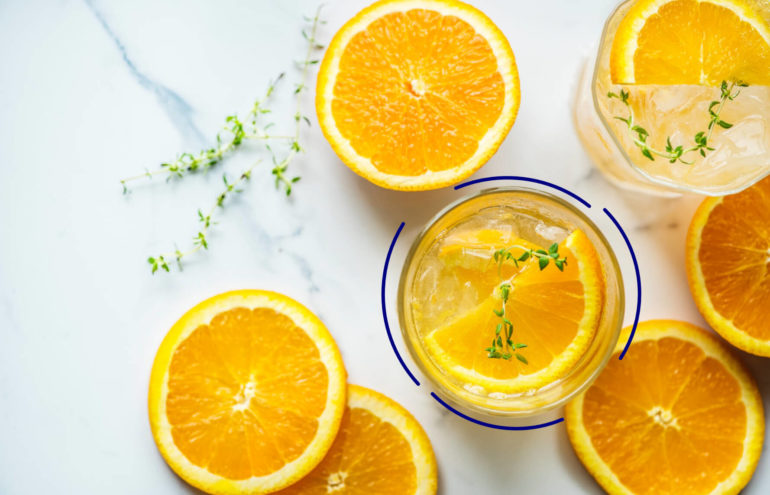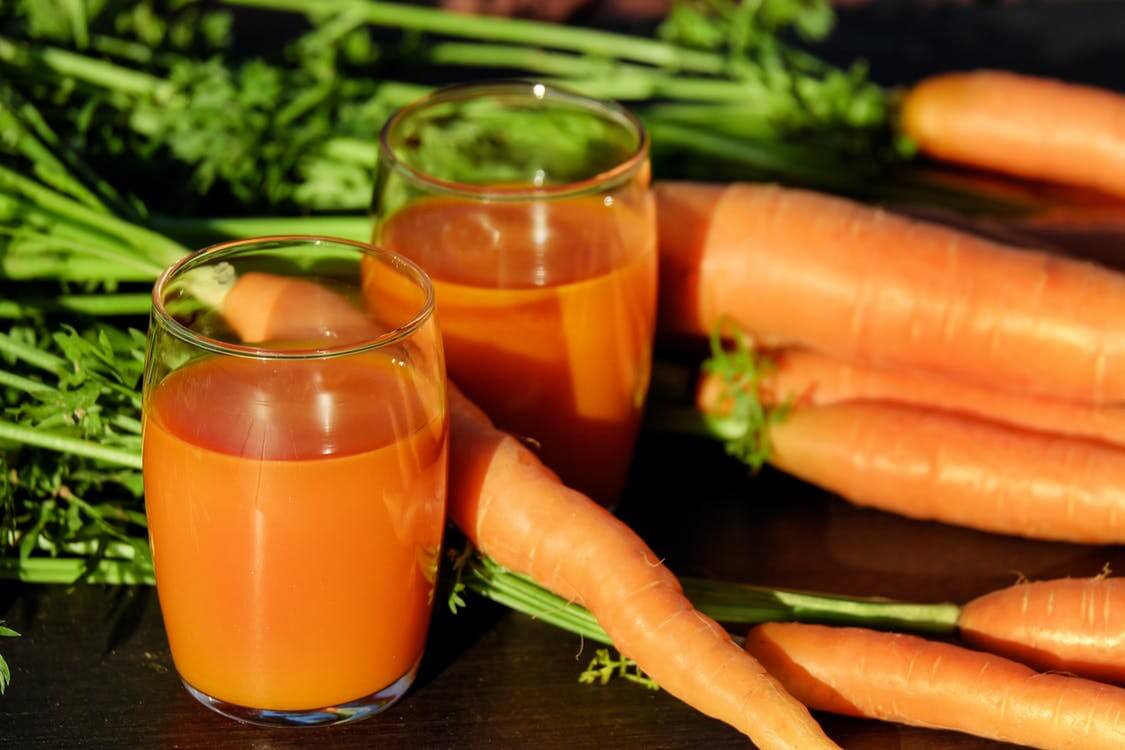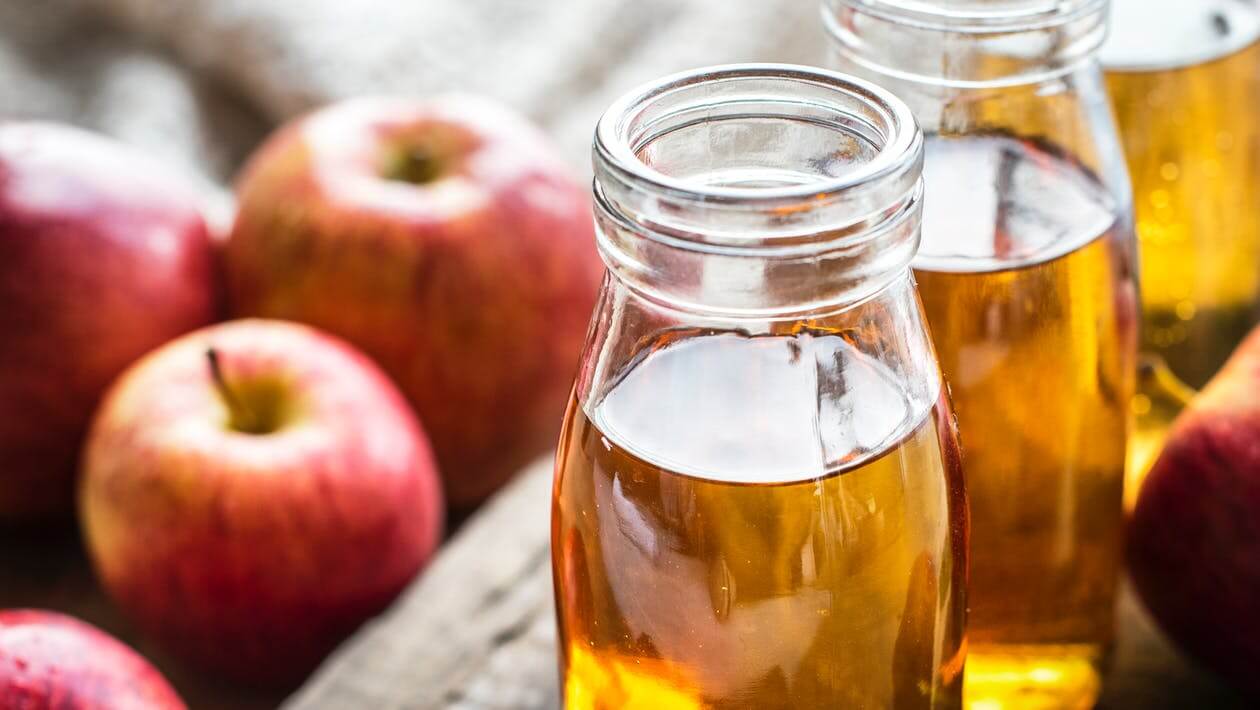There is a big bonus for picky eaters who might not want to be gnawing on fruits and veggies all day but also want to avoid being deficient in important micronutrients, the answer for them is juicing.
The healthy eaters, be it the celebs, trainers, fitness freaks or foodies rave about how the concoctions have improved their health, resulting in whittled-down waists, powered-up immunity and supercharged energy.
Juicing is often associated with ‘detoxing’ or ‘cleansing,’ whether for weight loss or wellness. But don’t they say juice is high in sugar and you also lose all the important fibre? So to juice or not to juice is the real question.
But worry not, we have you covered, even though it is your call after that, but here are the pros and cons of juicing.
Pros-
Advocates of juicing state that it is beneficial for maintaining a healthy weight helps prevent disease, can be undertaken long-term as a major part of one’s diet, and is in no way detrimental to your health. The high concentrations of vitamins can be beneficial healing agents for certain ailments.
The idea of juicing is pretty appealing. You get all the vitamins and minerals that vegetables have to offer, but in a quick, easy, and concentrated amount. Take healthy fruits and vegetables, extract the nutrient-dense juice, and chug your way to better health.
- You can juice just about anything to get more nutrients. So making juices to boost your intake of fruits and veggies you aren’t getting enough of, because you are scared of salads, is a definite positive to juicing.
- It provides loads of vitamins and minerals in a super concentrated form. Instead of having to choke down an entire bunch of kale to get its vitamin K, potassium, and vitamin C, you can get the same nutrients in the form of a light and refreshing juice.
- It helps in digestive difficulties, especially when it comes to foods that are harder to break down, like vegetables, making it hard to get the nutrients we need from them, as our body has difficulty with effectively digesting and absorbing nutrients. This is where juicing really shines, as it promotes absorption that is super easy for our bodies to digest.
Cons-
To be honest, for juicing one needs fruits and vegetables and to shop, prepare, cook, and eat them seems to be very hectic.
Gulping down your extracted elixir may be convenient, but it eliminates a key step: chewing, that kicks your digestive system into gear and helps slow you down so that you consume calories more slowly and gradually.
- Fruits and vegetables are filled with fibre, which goes through our digestive tract slowly and keeps us feeling fuller for longer. The fibre fallout that we have in the process of juicing has but many important health benefits, like lowering the risk of chronic disease, controlling our weight, and slowing the release of glucose to prevent sudden spikes and drops in our blood sugar levels.
- Fruits contain a decent amount of sugar. And with juicing you’re also exponentially increasing the sugar content. Sticking to mostly vegetables while juicing can help prevent you from adding heaps of extra sugar into your diet. Like, try to include kale, fennel, celery, and beets.
- While drinking a glass of juice might be fast and easy, the effort and time for rinsing your produce, cutting everything up, juicing and cleaning up, it can take quite some time, even with a top-notch juicer.
Regardless of whether you decide to juice or not, make sure that you’re still eating plenty of fruits and vegetables as the advocates of health advice 8-9 servings of vegetables in our diet. These are full of the fibre that you won’t be getting from juicing and are an essential part of any nutritious diet, (smoothies are an awesome alternative to have fibres).













